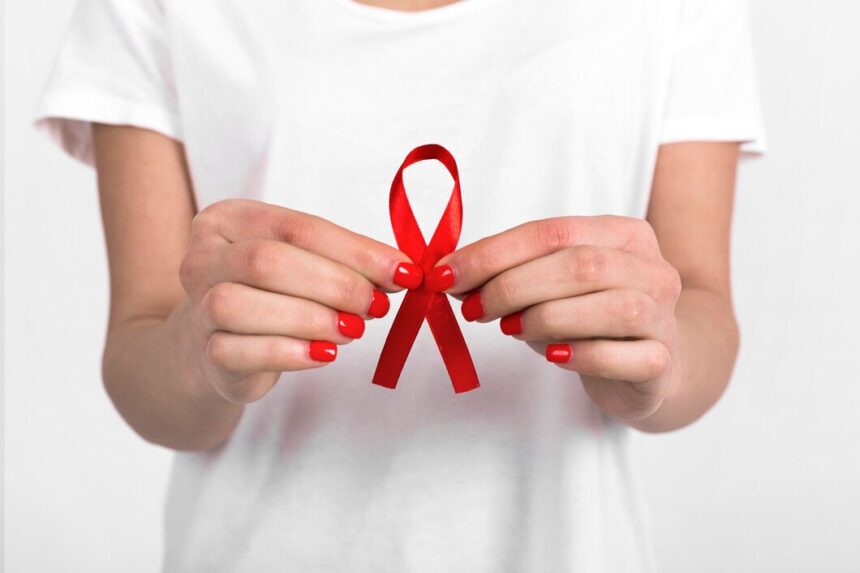Human Immunodeficiency Virus (HIV) and Acquired Immunodeficiency Syndrome (AIDS) continue to be significant global health challenges, affecting millions of people worldwide. While advancements in treatment and prevention have improved outcomes for individuals living with HIV/AIDS, early detection remains crucial for timely intervention and management. Understanding the signs and symptoms of HIV/AIDS is essential for promoting awareness, reducing stigma, and encouraging testing and treatment. Here are key signs to watch for:
1. Flu-Like Symptoms:
Many people infected with HIV experience flu-like symptoms, often referred to as acute retroviral syndrome, within the first few weeks of infection. These symptoms may include fever, fatigue, swollen lymph nodes, sore throat, muscle aches, and rash. While these symptoms are nonspecific and can mimic other illnesses, they may indicate recent HIV infection and should prompt further evaluation.
2. Persistent Fatigue:
Fatigue is a common symptom of HIV/AIDS and can persist for weeks or months. Individuals may experience overwhelming tiredness that interferes with daily activities, even with adequate rest. Fatigue in HIV/AIDS can result from the virus itself, as well as secondary factors such as opportunistic infections, anemia, or psychological stress.
3. Unexplained Weight Loss:
Unexplained weight loss is a hallmark sign of advanced HIV/AIDS. Individuals may experience significant weight loss despite maintaining their usual diet or eating more than usual. This weight loss can be attributed to factors such as chronic infection, metabolic changes, or gastrointestinal symptoms like diarrhea and loss of appetite.
4. Recurrent Infections:
HIV weakens the immune system, making individuals more susceptible to infections that would typically be controlled by a healthy immune response. Common infections associated with HIV/AIDS include recurrent respiratory infections (e.g., pneumonia), oral thrush (yeast infection in the mouth), genital herpes, and skin infections. The frequency and severity of these infections may increase as HIV progresses to AIDS.
5. Oral and Genital Ulcers:
Ulcers or sores in the mouth, throat, or genital area can occur in individuals with HIV/AIDS, often as a result of opportunistic infections or sexually transmitted infections (STIs). These ulcers may be painful, persistent, and slow to heal, increasing the risk of transmission to sexual partners or worsening systemic illness.
6. Swollen Lymph Nodes:
HIV/AIDS can cause swelling of the lymph nodes, particularly in the neck, armpits, and groin. Lymphadenopathy, or enlarged lymph nodes, may be a sign of an active immune response to infection but can also indicate HIV-related malignancies such as lymphoma.
7. Skin Rashes:
Skin rashes are common in individuals with HIV/AIDS and can manifest in various forms, including maculopapular rash, erythematous rash, or pruritic lesions. These rashes may be caused by HIV itself, opportunistic infections, drug reactions, or underlying medical conditions.
8. Neurological Symptoms:
HIV/AIDS can affect the nervous system, leading to neurological symptoms such as headaches, memory loss, confusion, difficulty concentrating, and peripheral neuropathy (tingling or numbness in the hands and feet). These symptoms may result from HIV-related neurocognitive disorders or opportunistic infections affecting the brain and spinal cord.
9. Chronic Diarrhea:
Chronic diarrhea is a common gastrointestinal symptom in individuals with HIV/AIDS, often caused by infections such as cryptosporidiosis, giardiasis, or cytomegalovirus (CMV) enteritis. Persistent diarrhea can lead to dehydration, malnutrition, and electrolyte imbalances, further compromising health and quality of life.
10. Night Sweats and Fever:
Night sweats and persistent fever are symptoms that may accompany HIV/AIDS, particularly during the later stages of infection. These symptoms can be indicative of opportunistic infections, HIV-related malignancies, or immune system activation in response to systemic inflammation.
Recognizing the signs and symptoms of HIV/AIDS is crucial for early detection, diagnosis, and access to treatment and support services. If you or someone you know experiences any of these symptoms, particularly if there is a known risk factor for HIV exposure, it is important to seek medical evaluation and HIV testing promptly. With early intervention and effective management, individuals living with HIV/AIDS can lead fulfilling lives and reduce the risk of transmission to others. Increased awareness, education, and access to testing are essential in the fight against HIV/AIDS and the promotion of health and well-being for all.










